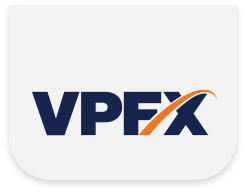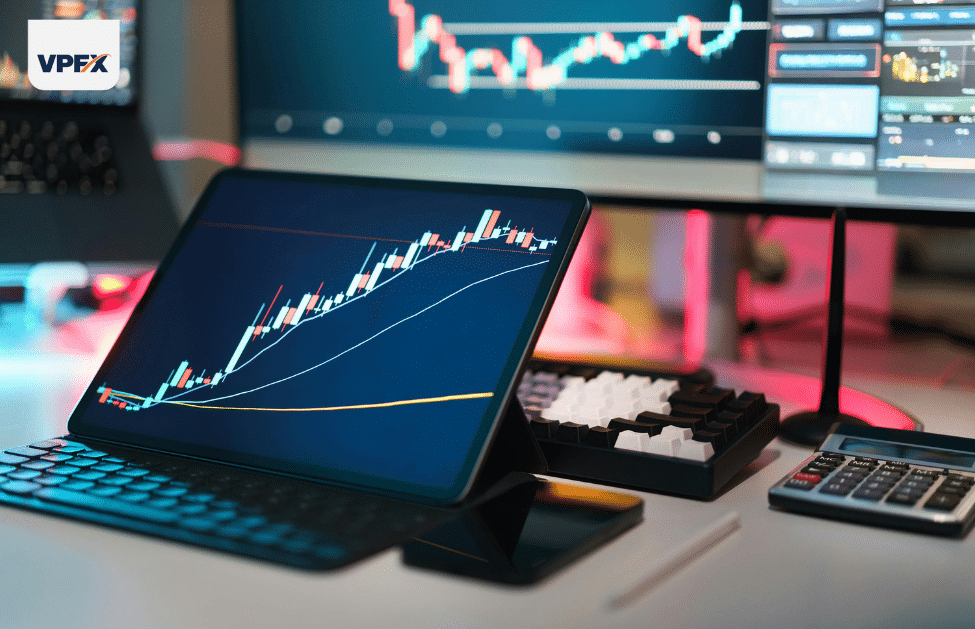A sudden tariff announcement, an oil production decision, or an unexpected election result, each of these can send ripples across global financial markets. But nowhere are these effects felt more immediately than in the forex market. In 2025, traders are not just watching charts or economic reports; they’re reading headlines, deciphering geopolitical shifts, and adjusting their strategies accordingly.
The foreign exchange (forex) market is no longer just about numbers and interest rates. It’s about political decisions in Washington, oil output discussions in Riyadh, policy changes in Brussels, and military escalations in Eastern Europe. Whether you’re a seasoned trader or just learning how to trade forex online, understanding the link between geopolitics and currency movement is critical for success.
Let’s dive into the dynamics of the forex exchange market and explore how today’s political landscape is reshaping the way traders operate globally.
What Is the Forex Market?
The forex market is the world’s largest financial marketplace, where currencies are traded around the clock. From governments and central banks to corporations, brokers, and individuals, everyone engages in currency exchange for reasons ranging from commerce and tourism to investment and speculation.
It functions as a decentralized platform, meaning no single entity governs it. Trades happen electronically over-the-counter (OTC), giving traders real-time access to a 24-hour trading environment. The beauty of this market lies in its liquidity and accessibility. With the right tools and a reliable platform from a leading forex trading company in Dubai, anyone can participate in the global movement of currencies.
Whether you’re converting euros to dollars or hedging against currency fluctuations in oil exports, the forex market offers opportunities for both profit and protection, especially when managed with insight into geopolitical risks.
What Affects the Forex Exchange Market?
While supply and demand are the fundamentals, several global macroeconomic and political factors shape currency valuation. The most significant among them include:
- Interest Rates: Central bank policies directly influence currency strength. Higher interest rates attract foreign capital.
- Inflation: A rising inflation rate typically weakens a currency’s purchasing power.
- Unemployment: High jobless rates can slow economic growth, affecting investor confidence and, in turn, currency value.
- Oil Prices: Countries that are major oil importers or exporters feel direct impacts on their currencies when prices shift.
- Trade Balance: A nation’s export-import dynamics affect foreign currency demand.
- Currency Devaluation: Government interventions to weaken or strengthen their currencies influence the forex space.
- Geopolitical Events: Political unrest, wars, treaties, or sanctions have an outsized influence on currency trends.
Each of these factors can trigger massive market reactions. For example, if inflation spikes in the UK but remains stable in the Eurozone, the British Pound may lose strength against the Euro. Now, add a geopolitical layer like post-Brexit policy friction, and the volatility only intensifies.
Geopolitical Events to Watch in 2025
This year is turning out to be a geopolitical roller coaster. Some developments that are already moving currency markets include:
1. Tensions in the Middle East & OPEC+ Decisions
OPEC+ has delayed oil production increases to mid-2025. Given how central oil is to the economies of nations like Saudi Arabia and Russia, any disruption in production could result in significant currency fluctuations, especially for oil-exporting countries like Canada (CAD), Norway (NOK), and Russia (RUB).
2. Donald Trump’s Second Term and US-China Relations
Trump’s return to office has reignited US-China trade tensions. A new 10% tariff on Chinese goods has already strained the yuan (CNY), and the ripple effect is impacting currencies of Australia (AUD) and Japan (JPY), both of which are heavily dependent on trade with China.
3. UK-EU Post-Brexit Economic Disagreements
While Brexit may seem old news, its economic consequences are still evolving. The friction between the EU and the UK over trade terms continues to cause fluctuations in the euro (EUR) and British pound (GBP), especially when paired with internal challenges within the EU.
4. Russia-NATO Escalation
The ongoing war in Ukraine and NATO’s support for Kyiv continue to destabilize Eastern European currencies. The Russian ruble remains under pressure due to sanctions and decreasing energy exports, while other surrounding economies feel the spillover effects.
5. Canada’s G7 Presidency
Canada is under global scrutiny in 2025 as it holds the G7 presidency. Any shift in its trade or energy security policies could impact the Canadian dollar (CAD), especially considering its close trade ties with the U.S.
6. Emerging Market Woes
Emerging markets like Turkey (TRY), Argentina (ARS), and South Africa (ZAR) are grappling with mounting debt and localized instability. These currencies are increasingly vulnerable to capital outflows and speculative trading.
How Does Geopolitical Risk Affect the Forex Market?
The forex market is ultra-sensitive to global events. Geopolitical risk doesn’t just create instability, it reshapes entire trading strategies.
- Currency Volatility: One major announcement, like a military strike or sanctions, can cause a currency’s value to swing dramatically. During such times, spreads widen, liquidity may dry up, and execution becomes more challenging.
- Safe-Haven Movement: Whenever uncertainty arises, traders typically migrate towards “safe-haven” currencies. These include the US dollar (USD), Swiss franc (CHF), and Japanese yen (JPY). For example, during the early days of the Russia-Ukraine war, there was a visible spike in demand for these currencies.
- Interest Rate Adjustments: In response to geopolitical turmoil, central banks may change interest rates to stabilize their economies. Lowering interest rates can make a currency less attractive, while raising them might help regain investor confidence.
- Trade Policies & Sanctions: A trade ban or tariff hike can diminish demand for a nation’s exports. This weakens the local currency, affecting everything from consumer prices to global investments.
- Market Sentiment: Even before a policy is implemented, mere speculation about geopolitical events can trigger market moves. Traders often react to headlines faster than governments can act.
Strategies for Managing Geopolitical Risks in Forex Trading
In a world where one headline can change everything, forex traders need more than just charts. Here are practical ways to stay ahead:
- Stay Informed: Follow trusted global news outlets, political analysts, and market reports. The sooner you’re aware of an event, the faster you can adjust your position.
- Diversify Currencies and Assets: Don’t place all your capital into a single currency. Spread your portfolio across different currencies and even asset classes to reduce risk exposure.
- Utilize Stop-Loss and Take-Profit Orders: These tools help automatically close your trades at pre-set levels. They are essential during times of high volatility caused by geopolitical shocks.
- Avoid High-Risk Markets: If a country is politically unstable or facing economic sanctions, its currency is likely to be extremely volatile. Unless you’re an experienced trader, it might be best to steer clear.
- Hedge Your Positions: Hedging allows you to offset potential losses in one position by opening a counter-position. This is especially useful when you anticipate political disruptions.
- Use Both Technical and Fundamental Analysis: While technical indicators show trends and patterns, fundamental analysis helps interpret economic and political news. Combining both creates a more comprehensive trading strategy.
Why is VPFX the Smart Choice for Forex Traders?
When it comes to navigating a politically charged forex environment, choosing the right broker makes all the difference. VPFX, the best forex trading broker, offers:
- Tight spreads starting from 0.0 pips
- Lightning-fast execution in less than 40ms
- State-of-the-art MetaTrader 5 platform
- Segregated client funds with Tier 1 banks for added safety
- A comprehensive Refer a Friend program with real rewards
- Regulation by multiple global authorities
- 24/5 support tailored to traders in the UAE and worldwide
Our commitment to reliability, innovation, and trader support makes us a go-to partner whether you’re new to forex or an experienced investor.
Final Thoughts
Forex trading in 2025 isn’t just about reading charts, it’s about reading the world. Geopolitical developments are shaping currency markets in ways that demand insight, caution, and the right platform.
With VPFX, a leading forex trading company in Dubai, you don’t just get a broker, you get a strategic partner. We equip you with the tools, education, and support needed to thrive in uncertain times. If you’re ready to navigate the turbulent tides of global politics while making the most of trading opportunities, it’s time to trade forex online with confidence and intelligence.
If you’re exploring broader investment opportunities, don’t forget to check out how VPFX stands as the best stock broker Dubai traders can rely on.


